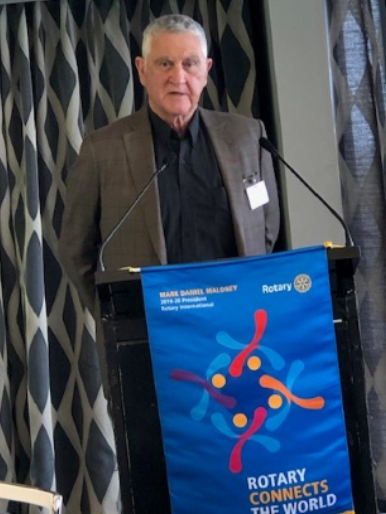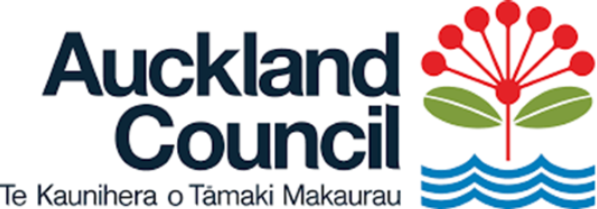
Why should we have listened to Colin Knox? What qualifies him to speak on matters of Auckland’s governance?
Here’s why……
Colin has a BSc, BA, MA (Hons) from Victoria University, PhD, Massey University, Master of Public Administration Harvard, was awarded a Winston Churchill Fellowship, and a Harkness Fellowship. Colin had a distinguished career in the public and corporate spheres, culminating in being CEO of the ARA, later formally known as Auckland Regional Council. Colin oversaw the establishment of “Local Authority Trading Enterprises” to manage public utilities in Auckland, including water, sewage, refuse and transport (in the form of the Yellow Bus Company). So, yes, he is qualified to speak on the subject of Auckland’s governance.
We expected the content of Colin’s address to be about the loss of democracy in Auckland local governance. However, by his own admission, through recent research, he has been objectively impressed with what he has learnt to be the case.
Colin opened with the observation that “what distinguishes us from other animals is the right to vote.” In other animal communities the right to power is often by might. We have and do put our lives on the line to protect this right. We use the right to vote in many different situations in the belief that it is a civilising influence.
Is our system of voting for political leaders the best it could be?
Representative democracy is our tradition and implies elected representatives will analyse and question proposals for action. A referendum may seem democratic, but isn’t, because it is a binding decision which can be made by people who are uninformed and biased. Colin referred to the situation in Britain, where elected representatives are playing with procedures. He further highlighted the situation of the system in the USA where the misuse of the truth and the manipulation of social media have become part of the election toolbox. Colin’s conclusion is, that whatever the faults of the NZ system, it seems to be working better than in other places.
Have the local government reforms over the past 30 years made Auckland stronger or weaker?
1988 saw a major local government reform in NZ. Some 850 local bodies were reduced to 87, then 78 nationally. Under this reform, the ARA became the ARC and 32 councils became 4 cities and 3 districts. The number of councillors was reduced to 23, plus a chairperson.
In 2007 the government set up a royal commission to look at Auckland to respond to growing concerns about the workability of local government here. One implication of this, particularly the creation of the new Auckland Council, is that we have finally departed from the principle that governance structures should be consistent throughout NZ. The amalgamation of Auckland has broken that approach, establishing not only a large unitary council but one with a number of significant differences, such as a stronger mayor and corporatisation of major network services (CCO’s). These bodies have no councillor representation in their governance structures.

